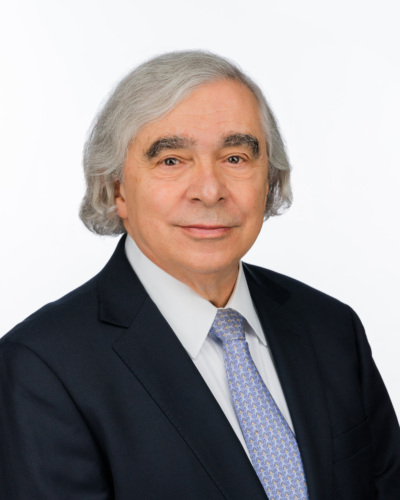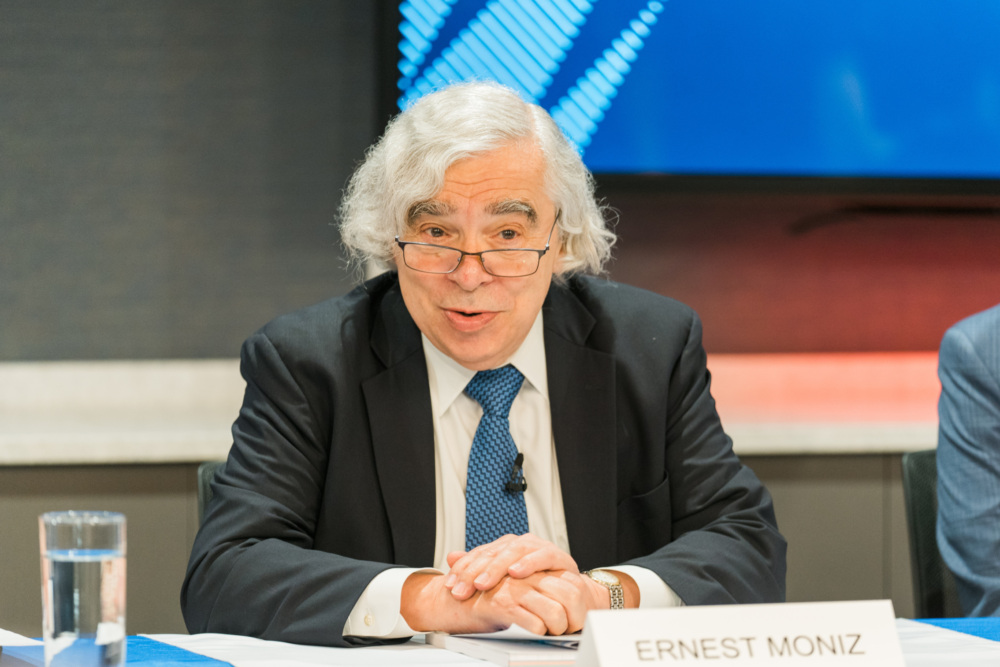
Ernest J. Moniz
Co-Chair and Chief Executive Officer, NTI
In his piece for The Boston Globe, NTI Co-Chair and CEO Ernest J. Moniz questions why Boston hospitals have continued to use medical devices that require cesium-137, a dangerous radioactive material. These hospitals have forgone federal grants that would support them in transitioning to non-radioisotopic devices.
Moniz writes:
“Hospitals across the United States have been working with the federal government for nearly a decade to replace these radioactive sources with safe and effective alternative X-ray technologies that do not rely on radiological isotopes. But not Boston; we remain an outlier with several dozen cesium-137 devices—more than any other city—still in place across our vast medical and hospital systems.
Some institutions are simply complacent; others have expressed concerns about the disruption it would pose to their organization. But if one of their radioactive sources was stolen and used for nefarious means, a brief operational disruption would be the least of their worries. In 2019, the danger was brought into sharp relief in Seattle, when just a miniscule amount of cesium-137 was accidentally released at a loading dock of a medical research building, a cleanup that cost well over $100 million and took more than two years. The liability taken on with a full-fledged cesium dirty bomb would dwarf that of the Seattle incident.
At the Nuclear Threat Initiative, we partnered with the New York City Department of Health and Mental Hygiene and the mayor’s office several years ago to raise awareness of the risks associated with cesium-137 devices, leading to the replacement of 30 such devices in the city. NTI engaged in similar efforts with the University of California and Emory University in Atlanta, resulting in the replacement of a combined 65 devices in California and Georgia
Boston hospitals have an opportunity to receive tens of thousands of dollars of grants toward the purchase of new equipment that is just as effective for medical and research purposes as the radiological devices they have been using for decades—while shedding the liabilities and security costs associated with cesium sources.”
Read the full opinion piece in The Boston Globe .
Sign up for our newsletter to get the latest on nuclear and biological threats.
